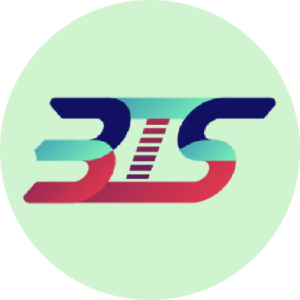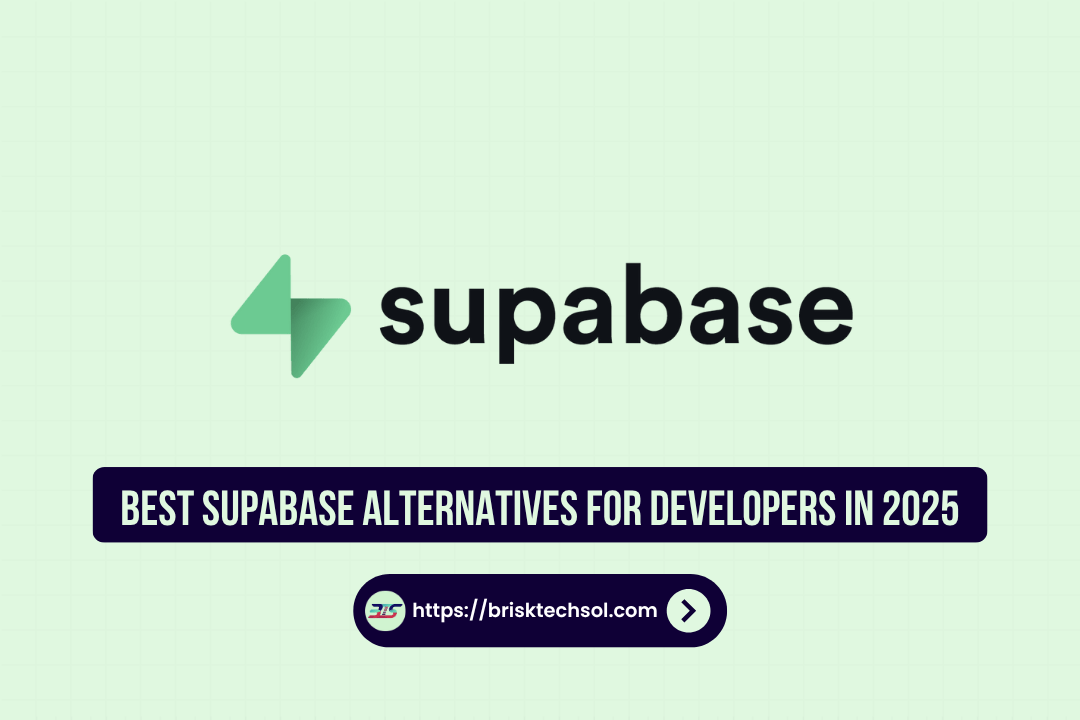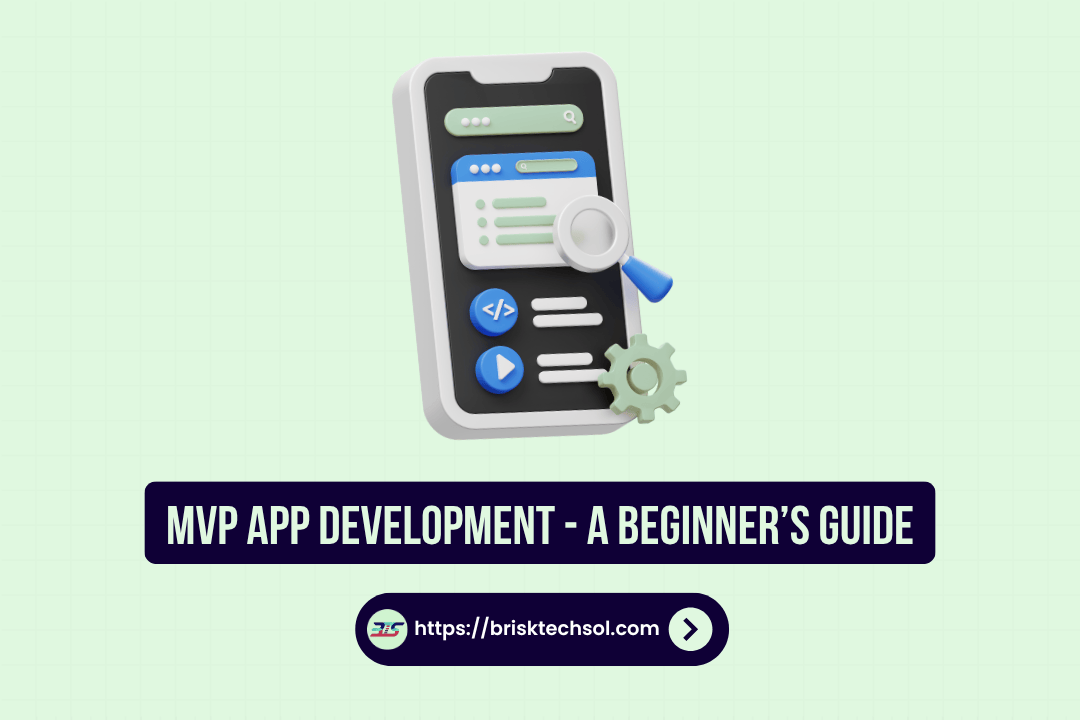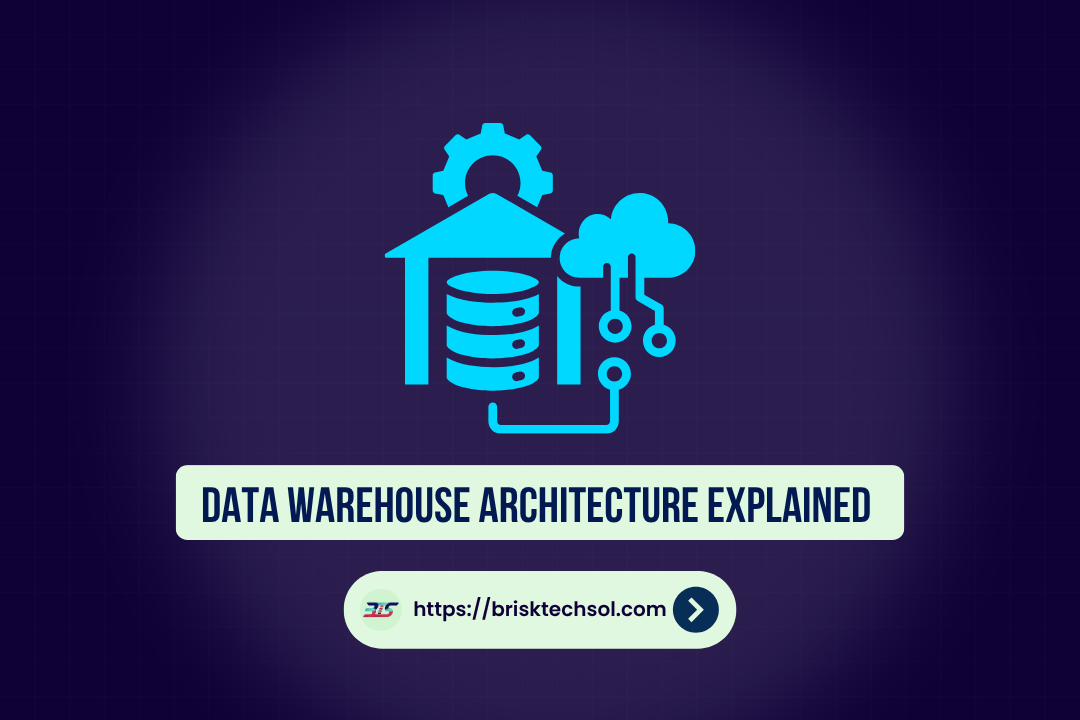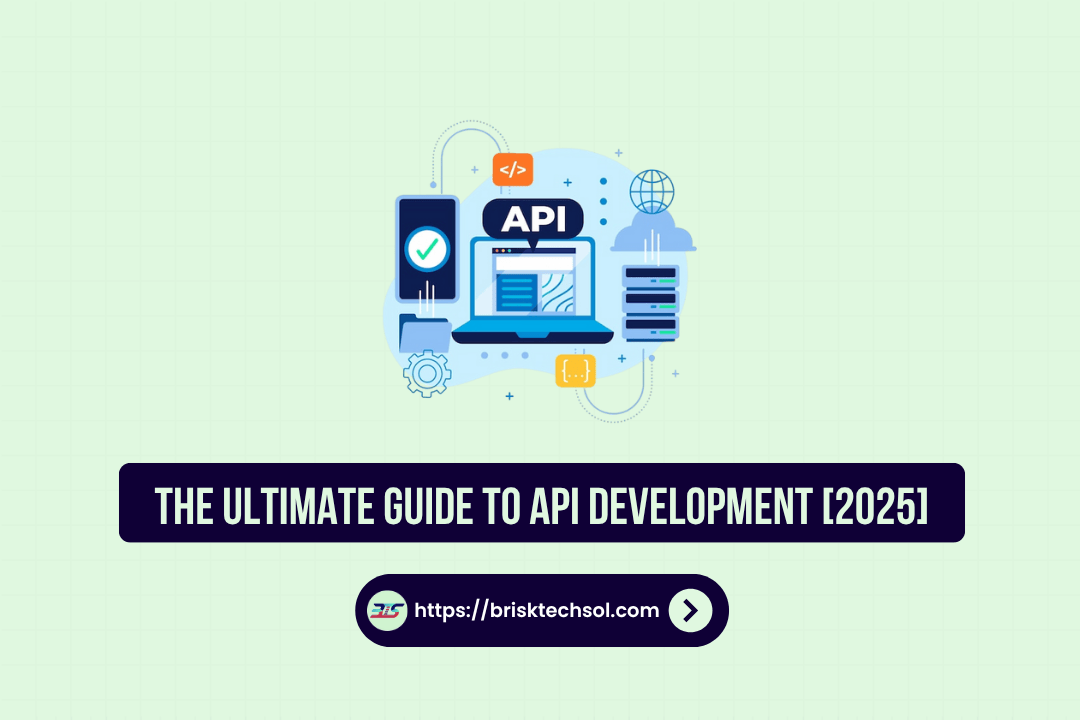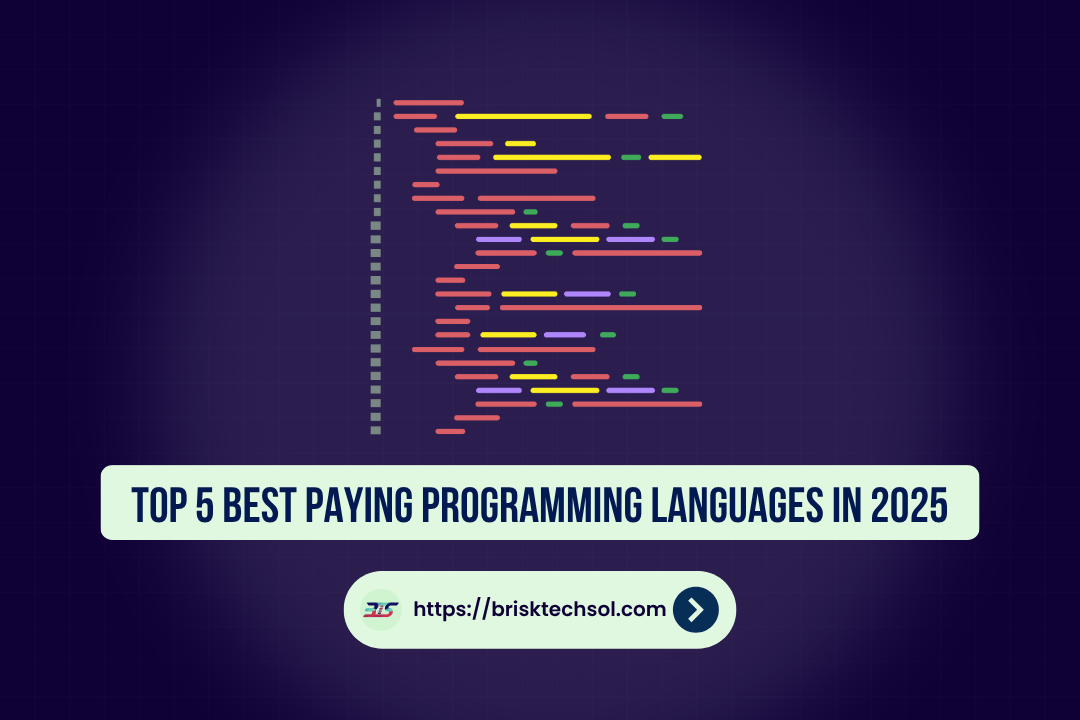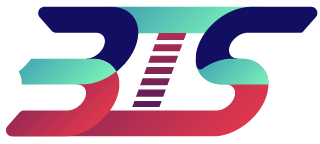Programming is as much about solving problems as it is about learning a coding language’s syntax. But not all programming languages are the same. Some simplify complexity, letting developers focus on logic, while others involve intricate syntax, manual memory management, or unfamiliar concepts.
This blog explores the hardest programming languages to learn, what makes them challenging, and how to choose one that fits your goals. Whether you’re a new coder or an experienced developer, this guide offers useful insights.
What Makes a Programming Language Difficult to Learn?
Before we jump into the hardest programming languages, let’s understand what makes a language tough in the first place. Several factors come into play, and these vary depending on a programmer’s background and the language itself.
1. Complex Syntax
Languages with intricate or non-intuitive syntax can take longer to master. Memorizing verbose keywords, rigid structure, and rules that differ significantly from other languages all add up to the learning curve.
2. Manual Memory Management
Languages that leave memory management in the hands of developers rather than automating processes (like garbage collection) demand more precision and can be prone to errors like memory leaks.
3. Low-Level vs. High-Level Abstraction
Low-level languages operate closer to machine code, requiring a deep understanding of how a computer processes commands. High-level abstract languages are easier for beginners but tend to obscure how hardware operates.
4. Lack of Documentation and Community Support
Learning resources and an active community make a significant difference. Without comprehensive tutorials or mentors, progress can halt at frustration.
5. Error Handling and Debugging Complexity
Poor debugging tools or cryptic error messages can turn seemingly minor issues into massive roadblocks.
6. Paradigm Unfamiliarity
Some languages follow paradigms outside the comfort zones of many developers. For instance, functional or logical programming can feel alien to those accustomed to imperative programming.
Top 7 Hardest Programming Languages to Learn
1. Assembly Language
- Overview: Assembly is as close as you can get to machine code without writing binary. It lacks abstraction, meaning you need to specify every action directly to the hardware.
- Why It’s Hard:
- No abstraction; requires hardware-level understanding.
- Tedious and error-prone when coding even the simplest programs.
- Use Cases:
- Embedded systems, microcontrollers, and performance-critical applications.
2. C++
- Overview: C++ offers immense power and flexibility but at the price of complexity. It combines procedural and object-oriented paradigms, with a focus on performance.
- Why It’s Hard:
- Manual memory management with pointers and references.
- Highly complex syntax due to features like templates and multithreading.
- Use Cases:
- Game engines, system software, and real-time simulations.
3. Prolog
- Overview: Prolog is based on formal logic and focuses on declarative problem-solving rather than procedural steps.
- Why It’s Hard:
- Unfamiliar logic programming paradigm.
- Debugging can be painful due to non-intuitive error handling.
- Use Cases:
- Artificial intelligence, natural language processing, and knowledge representation.
4. Haskell
- Overview: Haskell is a purely functional programming language that prioritizes immutability and lazy evaluation.
- Why It’s Hard:
- Concepts like monads and lazy evaluation are abstract and non-intuitive.
- Purely functional programming requires a shift in thinking for imperative programmers.
- Use Cases:
- Academic research, fintech, and large-scale data processing.
5. Rust
- Overview: Rust emphasizes performance, safety, and concurrency, making it perfect for systems programming.
- Why It’s Hard:
- Ownership and borrowing rules have a steep learning curve.
- Heavy compilation restrictions for error-free execution.
- Use Cases:
- Systems programming, WebAssembly development, and high-performance applications.
6. Malbolge
- Overview: Designed to be intentionally difficult, Malbolge is an esoteric language that seems more like a puzzle than a coding tool.
- Why It’s Hard:
- Cryptic syntax designed to confuse.
- Impractical for real-world application.
- Use Cases:
- Code obfuscation and intellectual challenges for programmers.
7. LISP
- Overview: One of the oldest programming languages, LISP is known for its heavy use of parentheses and its focus on symbolic computation.
- Why It’s Hard:
- Functional paradigm can confuse first-time programmers.
- Extensive reliance on recursion.
- Use Cases:
- Artificial intelligence and symbolic computation.
Comparison of Difficulty
Comparison Table: Hardest Programming Languages to Learn
| Language | Programming Paradigm | Difficulty Level | Key Challenges | Common Use Cases | Community Support |
|---|---|---|---|---|---|
| Assembly | Low-level, imperative | Very High | Machine-level syntax, no abstraction | Embedded systems, firmware | Low |
| C++ | Multi-paradigm | High | Manual memory management, complex syntax | Game engines, performance-critical apps | High |
| Prolog | Logical, declarative | High | Unfamiliar paradigm, limited tooling | AI, rule-based systems | Moderate |
| Haskell | Purely functional | High | Abstract concepts, lazy evaluation | Academic, fintech, backend | Moderate |
| Rust | Systems, functional | High | Ownership/borrowing model, strict compiler | WebAssembly, OS development | Growing |
| LISP | Functional, symbolic | Moderate to High | Heavy recursion, unique syntax | AI, symbolic processing | Niche |
| Malbolge | Esoteric | Extreme | Designed to be nearly impossible to code | Programming challenges, obfuscation | Very L |
Factors That Determine Learning Difficulty
- Prior Experience: Background in other programming languages significantly impacts how easily you pick up a new one.
- Preferred Paradigm: Developers gravitating toward functional programming might find Prolog or Haskell easier than imperative languages.
- Learning Goals: If you’re learning to break into a career, easier and widely-used languages like Python or JavaScript are more practical choices.
- Resources Availability: Some languages offer vast communities, while others are niche and limited in documentation.
Beginner-Friendly Alternatives
If you’re just starting out, ease into programming with high-level languages like these:
- Python: Versatile, beginner-friendly syntax, and great for any application.
- JavaScript: High demand in web development and a gateway to several frameworks.
- Scratch: An educational visual programming tool to teach the fundamentals.
Industry Insights
The annual Stack Overflow Developer Survey consistently reveals which programming languages developers find most frustrating. For instance, C++ often ranks highly for its complexity, while Haskell challenges even seasoned coders due to its abstract nature.
GitHub trends indicate that while newer tools like Rust are hard to learn, they are increasingly being adopted for large-scale applications. Developers echo the sentiment that learning these languages is demanding but often worth the effort.
Conclusion
The world of programming is complex, but it doesn’t have to be intimidating. While some languages are harder than others, remember that the right programming language is the one that aligns with your goals.
Start small, focus on your objectives, and always be curious. After all, every expert programmer started as a beginner.
FAQ’S
1. Which is the toughest coding language?
Assembly language is often considered the toughest due to its low-level syntax, lack of abstraction, and steep learning curve. Other contenders include Malbolge, C++, and Haskell.
2. Is C++ the hardest language to learn?
C++ is one of the hardest mainstream languages to learn. Its complexity stems from manual memory management, pointers, multi-paradigm support, and a steep learning curve.
3. Is C++ harder than Python?
Yes, C++ is significantly harder than Python. Python has a simpler syntax, automatic memory management, and is beginner-friendly, while C++ is more complex and low-level.
4. Is Python harder than Java?
No, Python is generally easier than Java. It has a more concise syntax and is less verbose, making it more accessible for beginners.
5. Is Java harder than C++?
Java is easier than C++. It manages memory automatically and has a simpler syntax, while C++ requires manual memory management and includes complex features like pointers.
6. How much time is required to learn C++?
For beginners, it can take 3 to 6 months to learn the basics of C++. Mastery may take years, depending on the depth of knowledge and practice.
7. Is C++ a dying language?
No, C++ is not dying. It remains heavily used in game development, high-performance applications, and systems programming.
8. Which is the hardest language to learn?
Languages like Assembly, Haskell, Malbolge, and Prolog are often cited as the hardest due to their abstract or low-level nature.
9. Which is tougher, C or C++?
C++ is generally tougher than C due to its added complexity like object-oriented programming and templates, though C is also challenging because of its low-level nature.
10. How long does it take to learn C++?
Learning C++ basics may take 3–6 months, while becoming proficient could take 1–2 years of consistent practice.

